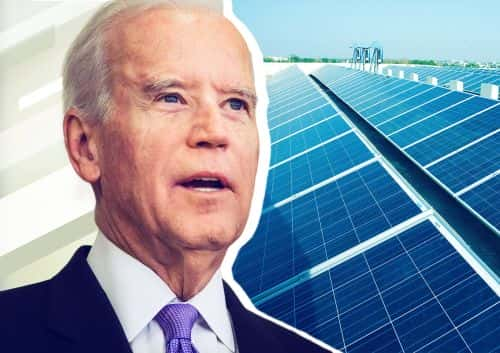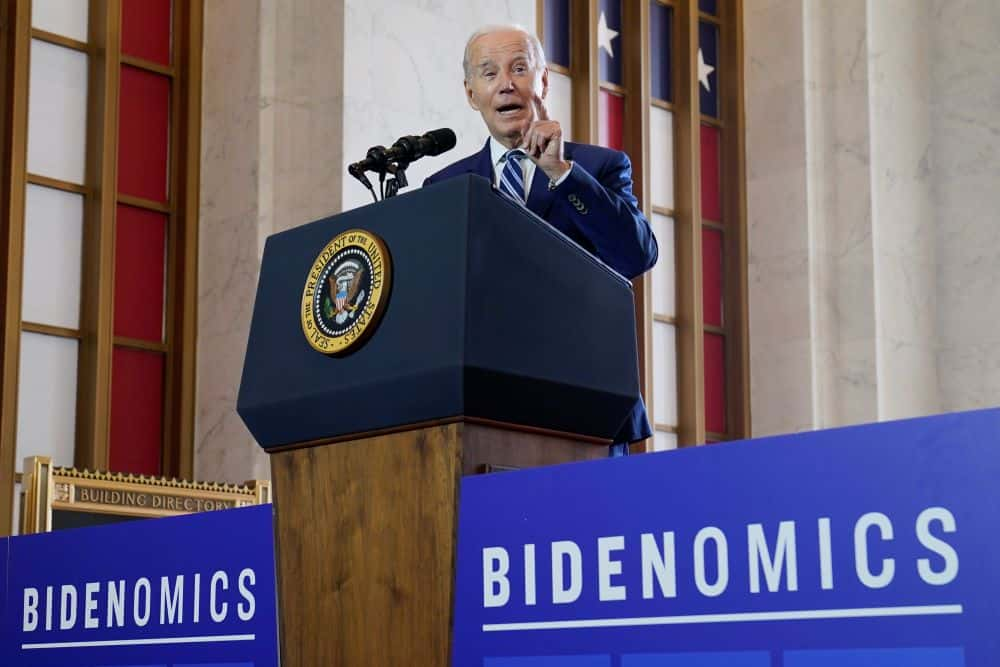Whether it’s politics, fashion or the perception of particular individuals, the power of the mass media cannot be questioned.
Once upon a time, it was thought that newspapers, TV stations and the like simply held up a mirror to society – reflecting the general consensus of the public on the page and on the screen.
Nowadays, however, powerful media moguls, who ultimately determine the news agenda of their agencies, are able to exert incredible power in the worlds of politics, business, culture and beyond. They set the tone for the public’s consumption, rather than the other way around.
It only takes a news story in the mainstream press to send shockwaves through the economy, and when international relations, or a lack thereof, are reported, it can have an indirect effect on the performance of international currencies too.
This acts as a key alert for traders in the foreign exchange markets, who know that the media wield so much transformative power. They will engage with the top forex brokers to buy and sell the currency pairs that are impacted. When there’s a wide scale buy or sell, it can wreak havoc on the global economy.
Taking sides
One of the great things about the press is that most mainstream views are represented.
Conservative attitudes and more liberal ideologies are represented in the media, and it’s amazing how differently these diverse views can be brought to life on TV, in newspapers and via social networks.
News reporting with a moderate slant will have little impact on local and global economies, but more sensationalist posts – typically linked to right-wing media – can have a significant effect.
Social media platforms such as Twitter have only served to offer a mouthpiece to ‘extreme’ takes, and that can lead to the sharing of untrue or accentuated information. Sadly, it doesn’t take much for international markets to be shaken by posts that pick up traction.
The Trump effect
One university has undertaken a study into how the media activity of Donald Trump impacted the value of the US dollar during his presidency.
Trump was the most social media-savvy president in history. In 2020, he posted more than 10,600 tweets – more than the average ‘influencer’.
The investigation conducted by the Warwick Business School found that Trump’s continued bullishness about the dollar helped to reduce volatility and increase the currency’s power in forex pairs.
When Trump tweeted, the news agencies weren’t far behind in republishing his posts – exacerbating the impact of his words even further.
Of course, Trump wasn’t the first president to utilize social media to steer narratives, and he certainly wasn’t the last. However, his words have had the most impact on the value of the dollar and the perception of the US economy – another example of how the media can directly impact global markets.
By proxy, he was able to hit the currency values of other countries. Often the target was the Chinese yen, given that relations between the USA and China were fraught at best during his tenure in the White House.
The mass media now uses posts on social channels as a jumping off point for their own reporting, and this convergence can – and will continue to – impact global economies and currencies in the years ahead.



